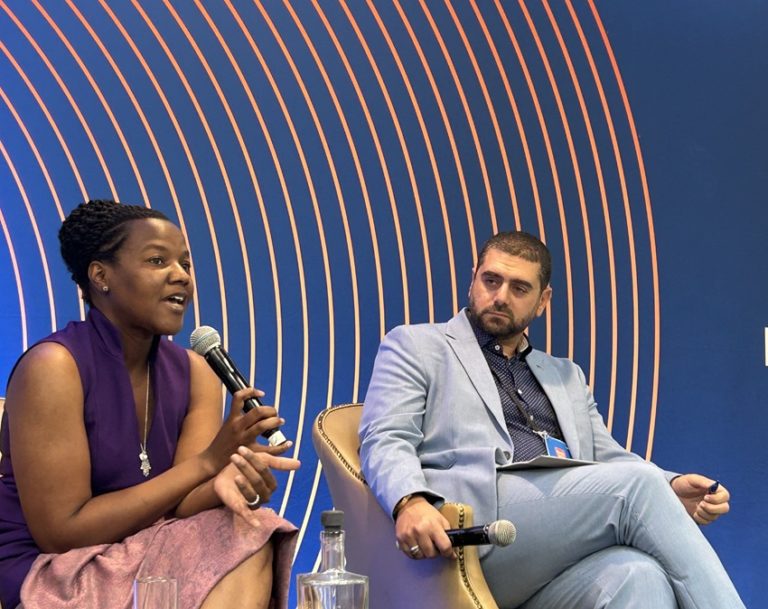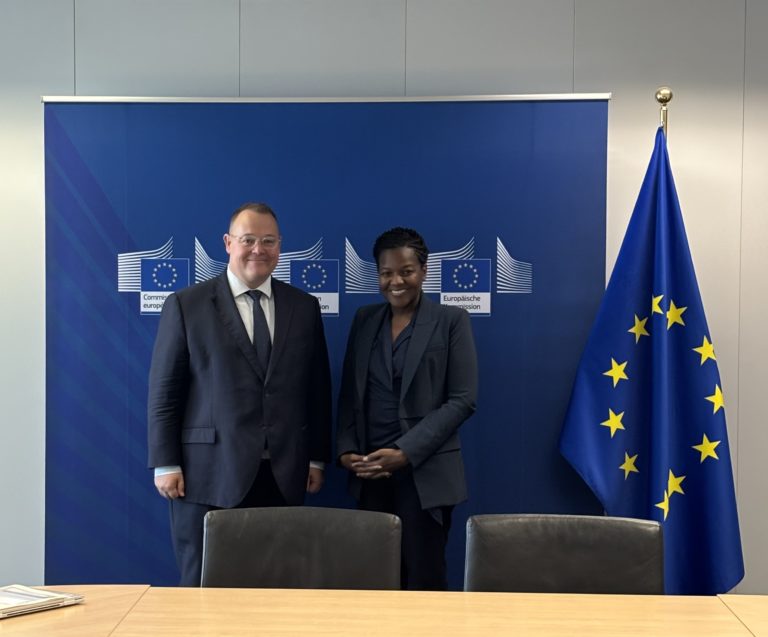I find that when people talk about AI, they often focus on its intelligence. But in my conversations with policymakers in Brussels those past days, one theme stood out above all others: AI’s greatest strength may stem from our collective efforts, through the trust we must foster and the collaborative skills we must develop to make AI’s potential real.
The technology alone is not enough to transform the way we live and work. Without trust, adoption could falter and without skills, opportunity may be unevenly shared. And together, they could determine whether AI can be a tool for a few or a positive force for many.


Skills: Unlocking Opportunity for All
The demand for AI skills is no longer niche. Today, 78% of ICT roles analyzed by the AI Workforce Consortium included AI skills , and even entry-level jobs are evolving rapidly—with over 90% of them being touched by AI-driven change. Technical know-how is vital, but so are the governance and ethics skills that ensure technology serves responsibly. In fact, demand for AI governance skills has risen 150%, and for AI ethics skills, 125%.
I view this transformation as a call to action. To help close the digital and AI skills gap, students, mid-career professionals, and people seeking new opportunities should be able to access high-quality training. That’s why Cisco, through our Cisco Networking Academy, has pledged to equip millions of people across the globe with digital and AI skills by 2030.
Trust: The Foundation for Responsible Innovation
In my experience, trust is earned and built over time. In this case, industry should focus on building trust through transparency, security, and a commitment to responsible AI. Ultimately, trust in the technology and in the organizations that develop and deploy it could be the driving factor for AI’s impact.
So how can we make that happen and build a foundation of trust? Through several avenues, including the following. First, by embedding security and resilience into the design of AI systems from the start. Second, by aligning with and championing global standards, such as those developed by NIST and OWASP. Third, by working to safeguard data and protect privacy throughout the AI lifecycle. And fourth, by supporting partnership between governments and industry to strategically mitigate risk without stifling innovation.


Empowering People, Everywhere
I believe we should work together to ensure AI is both powerful and purposeful—able to reach more people, strengthen communities, and grow economies. The opportunity before us is incredible. If skills are what enable AI adoption, trust could be what sustains it.
Cisco is committed to working with policymakers, educators, and partners worldwide to expand opportunity, build trust, and help shape a digital future that is secure and resilient.

